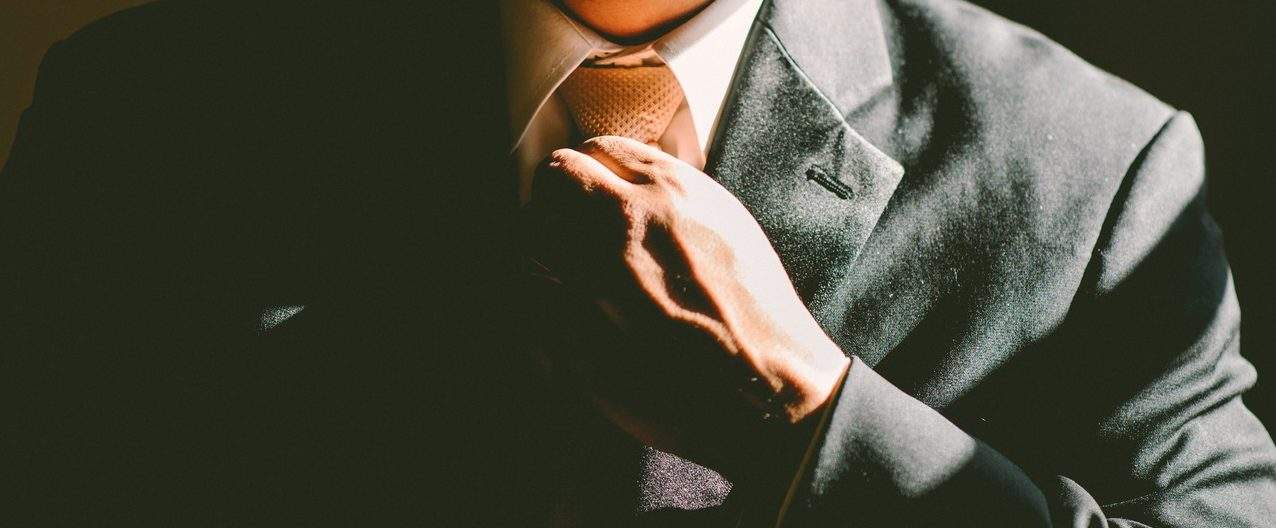The practice of law is unique in that we tend to get better as we get older. This happens in part because the law doesn’t change rapidly, so that once we learn how to do something, it stays learned. There may be room to polish a rough edge or two, but one needn’t start every case from scratch. Repetition makes it easier, and there is no substitute. Even this old maxim has limits because eventually the wit no longer matches the challenge.
As a Middle Aged Legal Guy, parts of my practice that once caused anxiety are almost effortless. I don’t lay awake at night worrying about giving an opening statement anymore. I have done it enough that I can focus on the case at hand rather than hoping I remember to say “May it please the Court.” I stand when I should and plod ahead without a second thought.
Many lawyers choose to practice at an age when cow hands or construction workers would have long ago retired. In part because we still can, and in part because, well, what else would we do?
One way to tell the age of a lawyer is how he presents case law to the court. Old lawyers still photocopy pages from law books. Middle aged lawyers rely on Westlaw or Lexis, and give the judge cases printed neatly in two column format. Young lawyers hold up their iPads to share Google’s offerings.
Recently, I faced an opponent who was several decades my elder. He not only had photocopies of old case books, but the books themselves were autographed. To say he started practicing when there were only nine commandments may be an overstatement, but he had definitely been around a long time.
To make matters worse, this gentleman was a dabbler- a general practitioner who didn’t do much tort work. I have no qualms with general practitioners, by the way. They are like veterinarians who work on a hamster one day and an elephant the next. In some parts of the world, the only way to make a living as a lawyer is to do everything, and have a good list of lawyers to refer specialized matters to when things get heavy.
Practicing in an urban area, this approach is much less advisable. I stay away from domestic relations cases in part because they are not palatable to me, but more because I would undoubtedly wind up overmatched by someone who knew all the ins and outs of the law in that area. My mentor told me decades ago that if you aren’t in court regularly for a legal specialty, you know nothing. It is one thing to lose a case for a client, it is another to get clobbered by someone who knows the intricacies that you can only know if you study that area of the law and practice it daily.
My older opponent was not only out of his regular arena, he had lost enough off of his fastball that he really couldn’t fake it. He was misquoting the law and trying approaches to the case that just wouldn’t work. I know, because I had already tried those approaches.
This lawyer knocked me off my game unexpectedly at a hearing. I struggled with concerns- not about how to counter his legal arguments, but what to do ethically. What should a human being do in this kind of battle?
I am proud to be a passionate advocate for my client, but felt my passion for this case checked by compassion for my adversary. I focused more on arguing the law and less on pointing out the errors in my opponent’s logic. Maybe this made me a better advocate- I presented the law to the judge without the sneers and jabs that are commonplace in litigation. It felt good to win for my client, but better to do so without embarrassing my opponent.
My trial practice coach in law school drilled us with Conan the Barbarian’s creed for battle. He said that the goal of advocacy is to “Crush your enemies. To see them flee before you from the land. To hear the lamentations of their women.” He probably told female lawyers the same thing, perhaps more gender correctly. Then again, maybe not.
In an adversarial legal system, representing a client means winning. There is no way to win unless someone loses. Lawsuits don’t end with presentation of a participation award.
While Conan’s approach was exciting to me as a young lawyer, Middle Aged me is less moved. In part because my basic rule of professionalism is that it is unforgiveable to make a lawyer look bad in front of a client, and crushing another lawyer does that. But also in part because I believe in karma and am closer to being an old lawyer than a young one.
I am friends with some of the lawyers I face. Win or lose, these are folks I am happy to have a beer with after battle and share a laugh. We are combatants, and we play to win. But not to destroy.
I expect to practice law for a long time, probably after an objective observer would say I should have stopped. I hope that when my final duel comes, my opponent will do what he or she must to win, but no more. And that we share a beer afterwards.
©2016 under analysis llc. under analysis is a nationally syndicated column. Spencer Farris is the founding partner of The S.E. Farris Law Firm in St Louis, Missouri. Since he never had much of a fastball, he has little fear of losing it. Comments or criticisms about this column may be sent c/o this newspaper or directly to Under Analysis via email at farris@farrislaw.net.

